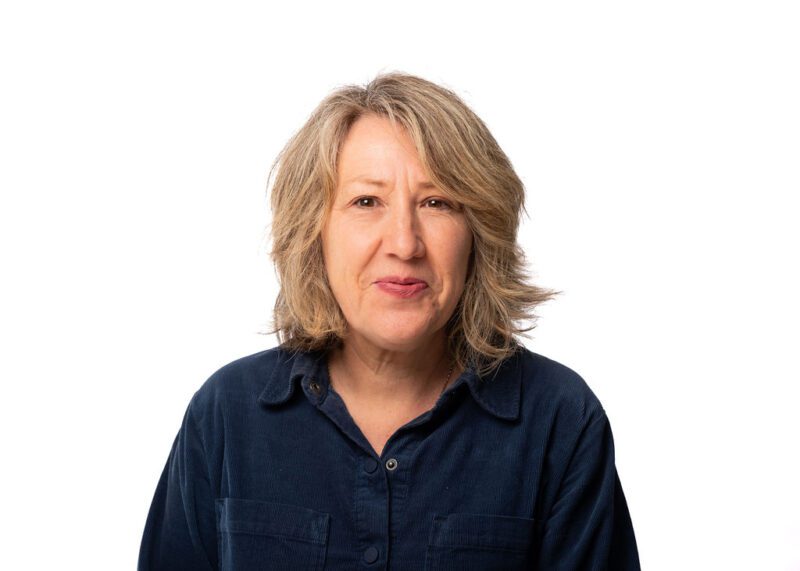-
Dr Aiman El AsamKingston University London
-
Prof Catherine Hamilton-GiachritsisUniversity of Bath
Project overview
This project will explore how a thorough understanding of the risks, harms, and benefits of digital life can be integrated into therapy for children and adolescents with mental health challenges.
Why this project is important
The mental health and welfare of children and adolescents is a national concern. Individuals aged 8-25 with a probable mental health disorder increased from one in nine in 2017 to one in five in 2023. While the internet may offer solace and connectivity, it also exposes them to increased risks and harms.
Digital life is not always fully explored in therapeutic settings. Adolescents often feel misunderstood by clinicians regarding their digital challenges, with many not disclosing risky online behaviours used to explore identity and peer relationships. Counsellors and psychotherapists report a gap in their training, standards, tools, and resources to address the care of young people affected by online life.
What it will involve
This project will, in partnership with the British Association for Counselling and Psychotherapy (BACP), address this gap by developing a Digital Lives Framework and training programme to enhance professional practices and policies. The research will involve:
- Distributing questionnaires to all BACP members working with under 18s to capture data on attitudes and practices.
- Conducting interviews with 25 counsellors and psychotherapists to add lived examples to the information gathered in the questionnaire. 25 11–17-year-olds who’ve received therapy will also be interviewed to explore their digital lives and if or how that was considered.
- Developing a Digital Lives Framework, a set of principles and recommendations for professional practice.
- Working with Adrienne Katz, Youthworks, to create an accredited CPD training programme and delivering it to interested professionals through an existing digital platform. Content will cover basic and advanced topics like addressing safeguarding issues and promoting digital resilience. Resources will include videos, interactive assessments, forums, case studies, and an online resource library.
How it will make a difference
Findings will be disseminated to key stakeholders, including counselling professionals, policy makers, and educational institutions. The framework will feed into guidance for school leaders and commissioners and inform BACP’s policy activity. In addition to the framework, a freely available report and journal articles will be published.






































